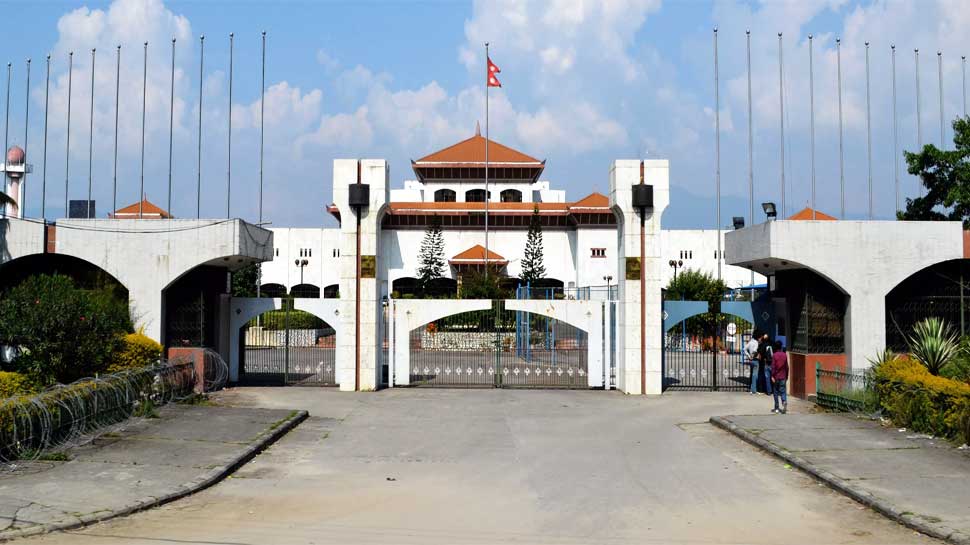
Federal Education Act to be Passed in Current Session of the Parliament: Key Highlights from President Ramchandra Paudel's Policy and Program
President Ramchandra Paudel presented the policy and program for the fiscal year 2080/81, emphasizing the passing of the Federal Education Act in the current session of the Parliament. The government aims to bring significant reforms in the education sector, including curriculum review, timely availability of textbooks, centralized scholarship distribution, and the establishment of a higher education commission.
1. Federal Education Act: A Milestone for Education Sector:
President Paudel has assured the nation that the Federal Education Act will be passed during the current parliamentary session. This act holds great importance as it will bring comprehensive changes and reforms in the education system, promoting quality education throughout the country.
2. Periodic Curriculum Review for Enhanced Learning:
To ensure continuous improvement in the education system, the government plans to periodically review the school-level curriculum. This practice will help in aligning the curriculum with changing times, incorporating modern methodologies and relevant subjects, ultimately enhancing the learning experience for students.
3. Timely Availability of Textbooks for Academic Sessions:
Recognizing the significance of textbooks in the learning process, the government has pledged to ensure their timely availability at the beginning of each academic session. This commitment aims to facilitate teachers and students in planning their studies effectively, fostering a conducive environment for quality education.
4. Centralized Scholarship Distribution through One-Door System:
In a bid to streamline the distribution of scholarships in the education sector, the government plans to implement a one-door system. This centralized approach will simplify the process, making it more efficient and transparent. It will enable deserving students to access various scholarships without unnecessary bureaucratic hurdles.
5. Formation of Higher Education Commission:
To address the challenges prevalent in higher education, a higher education commission will be established. This commission will be tasked with resolving issues and providing concrete suggestions to improve the quality and accessibility of higher education. It signifies the government's commitment to enhancing the overall higher education landscape in the country.
6. Restructuring of Higher Education Institutions:
To ensure better coordination and efficiency, institutions providing higher education, except for specialized subjects within each province, will be restructured under the umbrella of a single university. This consolidation will promote collaboration, resource optimization, and standardized education delivery, fostering academic excellence.
7. Integrated Umbrella Act for Medical Education:
In a strategic move to expand medical education systematically, an Integrated Umbrella Act will be introduced. This act will streamline the operations of medical education institutions and pave the way for the establishment of medical colleges in all provinces. It reflects the government's dedication to nurturing skilled healthcare professionals across the country.
President Ramchandra Paudel's policy and program for the fiscal year 2080/81 highlights the imminent passing of the Federal Education Act, which will usher in transformative changes in the education sector. The government's commitment to curriculum review, timely availability of textbooks, centralized scholarship distribution, and the establishment of a higher education commission demonstrates its focus on improving the quality and accessibility of education in the country. These initiatives will play a pivotal role in shaping a brighter future for the nation's education system.


